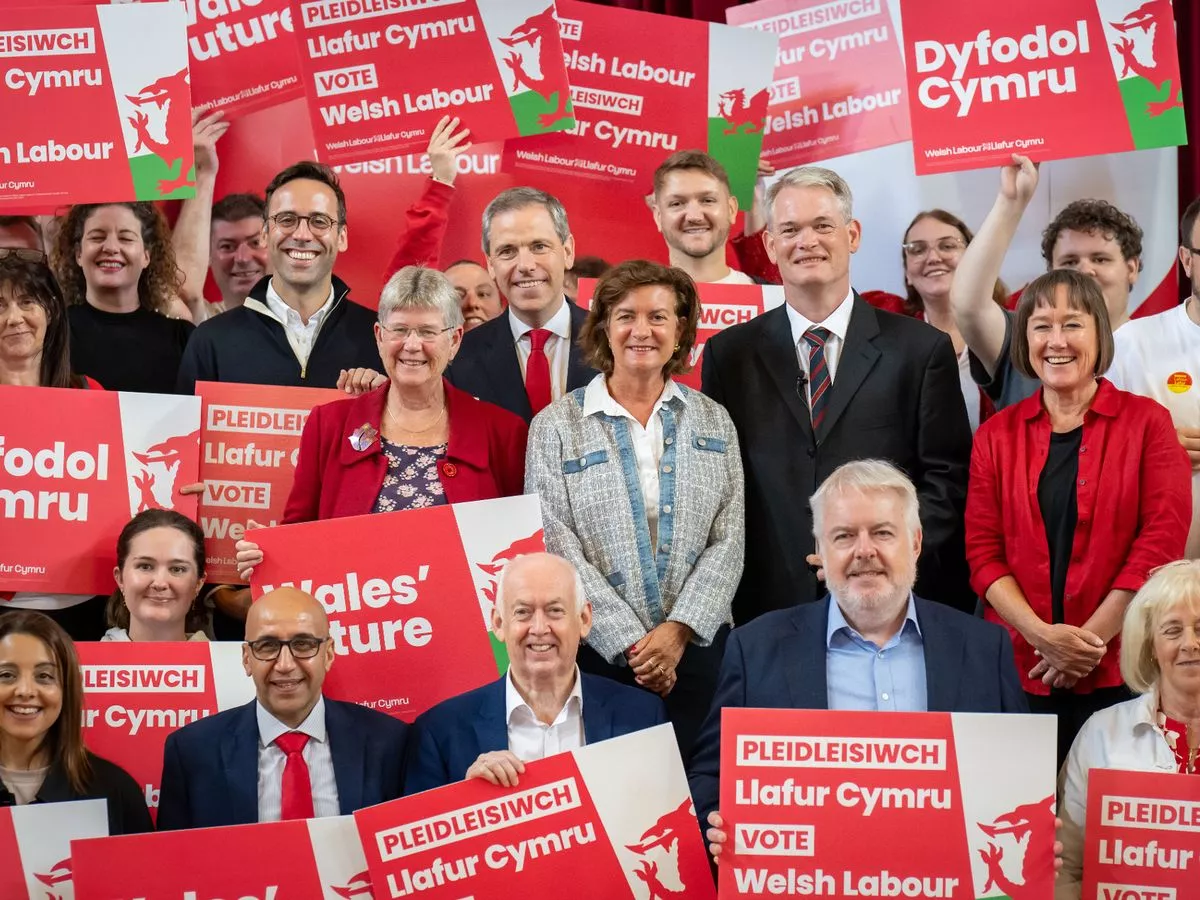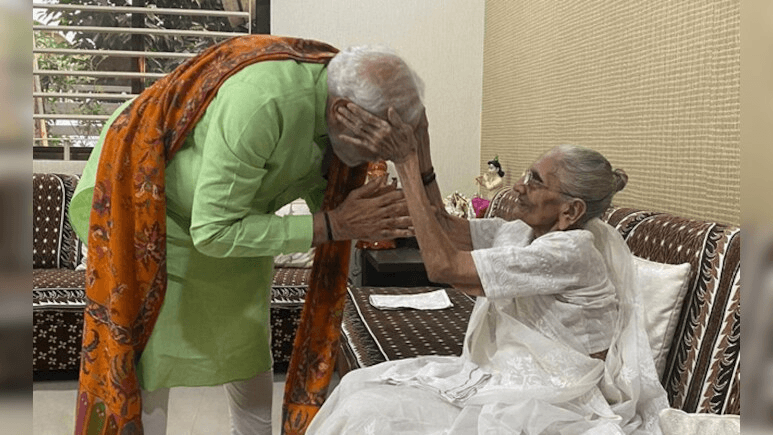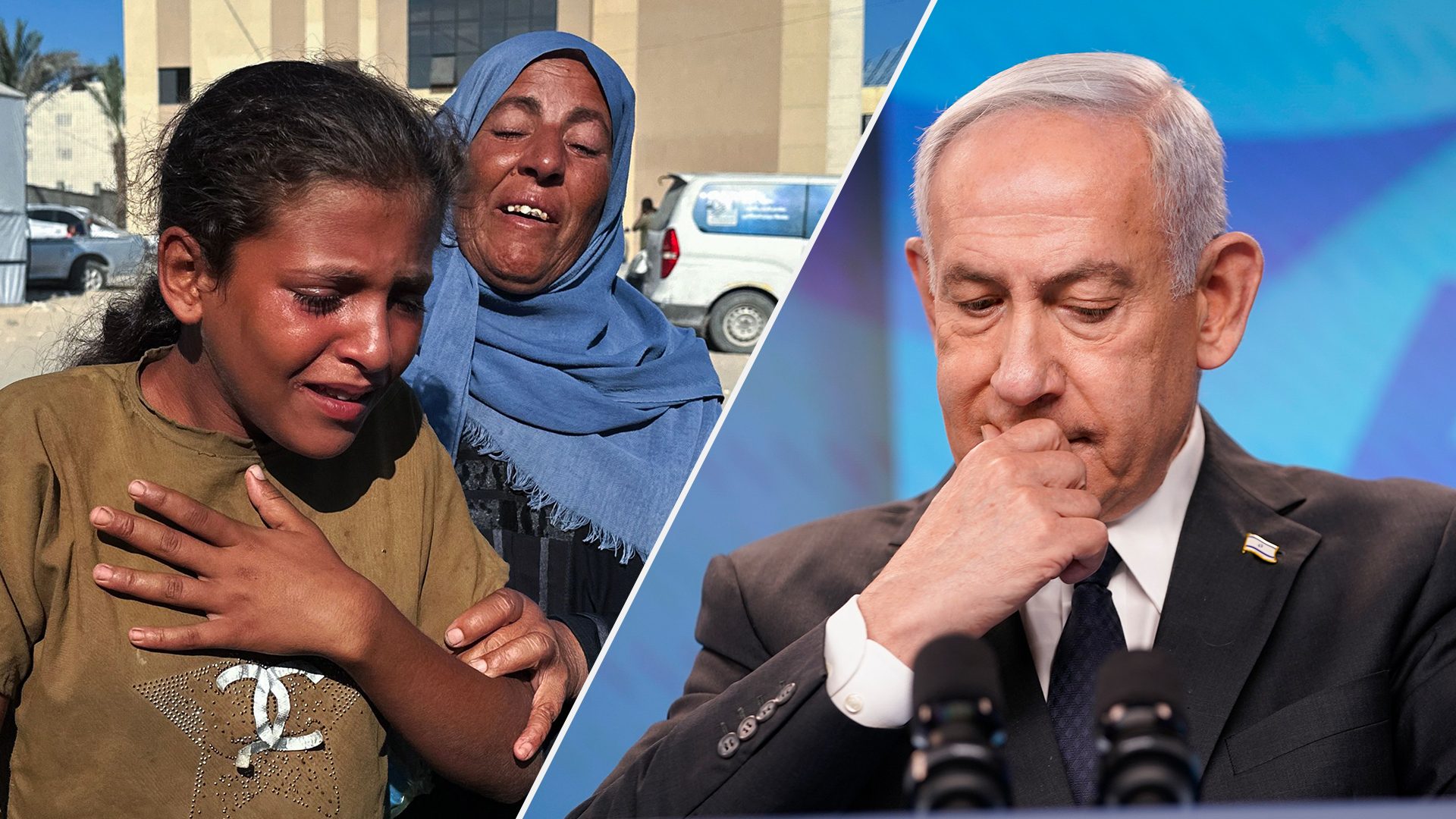By Stabroek News
Copyright stabroeknews

SÃO PAULO – Brazil’s Supreme Court has handed down severe penalties to former President Jair Bolsonaro and seven other defendants, including three high-ranking military officers, for conspiring against democracy and attempting a coup d’état. In Bolsonaro’s case, the sentence was 27 years and three months. But that is hardly the end of the story.
Bolsonaro’s trial and conviction mark a historic achievement in a country that has suffered coup attempts, led by or involving the military, and two dictatorships, the longest lasting from 1964 to 1985. Moreover, the decision by the Supreme Court (known by its Portuguese acronym, STF) places Brazil among the few countries that have investigated, indicted, and convicted coup plotters with due process of law.
All of this justifies a certain optimism about the resilience of Brazilian democracy, which in the four years of Bolsonaro’s presidency underwent its toughest stress test since it was restored 40 years ago. But whether Brazil is immune to a new autocratic venture in the foreseeable future depends on the answers to several questions.
First, will the far right remain as politically active and electorally strong with its main leader imprisoned? Second, what strategy will Brazil’s more traditional right-wing parties – which allied themselves with Bolsonaro, but stopped short of joining the coup – pursue from now on? Will they ultimately distance themselves from Bolsonaro, even though they must depend on far-right voters to defeat President Luiz Inácio Lula da Silva in the October 2026 elections?
Last but not least, US President Donald Trump, having sought to stop the prosecution of Bolsonaro by imposing sanctions and punitive trade tariffs, is likely to question the legitimacy of next year’s presidential election. How much will that distort the dynamics of Brazil’s domestic politics?
To answer these questions, it is worth comparing Brazil to the United States. Although Trumpism and Bolsonarism have similarities, as do their respective leaders, we must not lose sight of the differences. The most obvious one is that in Brazil, society and the justice system have removed the authoritarian leader from the political game.
Brazil no doubt benefits from having a constitution inspired by the lessons of 21 years of authoritarian rule. The National Constituent Assembly of 1987-88 included provisions for the self-defense of democracy. Any orchestrated attempt to destroy it is considered a crime under Brazil’s penal code.
Equally important, the far right in Brazil has not managed to organize itself into a dominant party. Multiparty systems tend to hinder the consolidation of decisive majorities, and Brazil is not an exception. In the US, Trump conquered one of the two parties and purged all internal opposition. In Brazil, by contrast, Bolsonaro had to accommodate himself to a fragmented party system in which the main conservative parties are more interested in cultivating their local bases and congressional representation than in submitting to the political project of an authoritarian leader. As a result, the far right has neither a natural heir to Bolsonaro nor a party it firmly controls.
It is therefore not surprising that right-wing parties, which since 2018 have gained ground in city councils, state governments, and the National Congress, are signaling their reluctance to expend political capital on a bill that could exempt Bolsonaro from the STF’s ruling and return him to the political scene. For now, most are maintaining a stance of opposition to Bolsonaro’s conviction, while negotiating in Congress a light version of amnesty. They want to avoid irritating Bolsonaro’s supporters without provoking a new political crisis, since the STF would certainly declare unconstitutional an amnesty that pardoned those convicted of leading the attempted coup.
Most Brazilians have a different view. A recent survey by Datafolha, one of Brazil’s most reliable pollsters, indicates that 54% oppose pardoning the leaders and participants of the 2023 coup attempt, while 39% are in favor of it.
The greatest difficulty lies in the choice of Lula’s main opponent in next year’s presidential race. In an election that will be decided in two rounds by a small margin, the challenge is to find a candidate that energizes the far right (some 25% of the electorate) yet is palatable to non-radical conservative voters.
The challenge is even greater because such a candidate will need the blessing of Bolsonaro, who is not known for honoring agreements. Several right-wing governors never tire of repeating that they would pardon him as soon as they became president, a promise both difficult to fulfill for legal reasons and insufficient to ensure that Bolsonaro will not back a candidate of his own making next year. In courting Bolsonaro, these governors are damaging their standing with centrist voters.
The damage is growing with each punitive act and threat Trump makes against Brazil and the members of the STF. Right-wing governors are forced to engage in verbal contortions to avoid contradicting Bolsonaro while not endorsing measures that are obviously unpopular among Brazilian voters.
Although unlikely, one cannot rule out a scenario in which conservative parties, fearful of breaking with Bolsonaro for short-term electoral reasons, find themselves once again dragged into a strategy that only interests the far right: inciting extreme polarization to contest – with Trump’s support – the legitimacy of next year’s election. Such a strategy of radicalization would likely facilitate Lula’s re-election and carry grave consequences for the country.
The strength of any democracy depends on the loyalty of all major political forces to the constitutional order. Brazil’s non-Bolsonaro right bears an immense historical responsibility in the months ahead.
Copyright: Project Syndicate, 2025.



